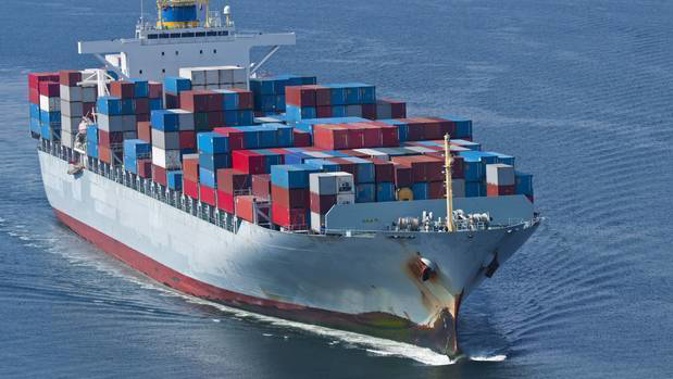
Dairy export rival the United States has sounded the alarm about New Zealand's latest trade agreement, saying it's critical the US accelerates efforts to hunt new export trade deals.
The United States Dairy Export Council (USDEC) said US dairy competitors were "aggressively" pursing new trade deals in key US export markets, noting the Comprehensive and Progressive Trade Agreement for Trans-Pacific Partnership (CPTPP) which includes New Zealand, Australia, Canada and Japan, took effect from December 30.
In a message to USDEC subscribers, chief operating officer Matt McKnight said for US dairy farmers to stay competitive it was critical the US upped efforts to pursue bilateral negotiations with "high potential" markets like Japan, the United Kingdom, Vietnam and "other agriculture importers".
The Trump administration had announced its intention to start talks with Japan, the UK and the EU this year and had expressed interest in a model trade agreement with an African nation, McKnight said.
One of the big questions for 2019 was how quickly would markets shift in response to competitors' trade deals, he said.
"The other big question is: even though trade negotiations can take considerable time to finalise, will we see US progress in advancing talks with Japan and other markets to match or counter our competitors' efforts?"
USDEC is pushing for the US dairy industry to build exports from the equivalent of about 15 per cent of all milk solids produced to 20 per cent.
Last year, the first full year of its plan, US dairy exports were equal to 16.3 per cent of total US milk solids, which was a record.
McKnight said how far further USDEC's growth plan developed in 2019 depended on what he called signposts that would shape market opportunities and direction.
These included the need to chase trade deals and efforts to remove Chinese and Mexican retaliatory tariffs.
A report from Texas A&M University had forecast US dairy export losses from these tariffs as high as $800 million a year, resulting in American dairy farmers losing up to $2.8 billion a year in lost sales and lower milk prices, said McKnight.
USDEC was hopeful for a resolution with Mexico and was heartened by a temporary truce in December between the US and China, with the agreement to postpone additional tariff hikes set to kick in on January 1. The two sides had set a deadline of March 2 to reach a deal and avoid escalation of the trade conflict.
"The retaliatory tariffs won't grind all US dairy exports to a halt, and on their own, do not doom growth aspirations," said McKnight.
"Indeed US suppliers have had some success redirecting product to other markets like Southeast Asia. But the tariffs make us less competitive in two critical markets and heighten the challenge of getting to the next 5 per cent."
China's dairy consumption was another signpost to the outlook for this year, he said.
China's dairy imports grew by more than 7 per cent by volume in the first 11 months of 2018.
"China continues to drive global dairy trade, even though second-half buying slowed. Much will depend on China's economic health in 2019, but if the nation's imports are up 5-10 per cent again as many expect they could be, coupled with tighter supply and little to no stock overhang, we could be in for a sizeable shift in market sentiment in the second half of the year."
Another factor affecting dairy exports in 2019 would be the terms of the UK's exit from the European Union, a controversy due to be settled in March, said McKnight.
Whether the outcome was no deal or a "hard" Brexit, there would be a ripple effect on global dairy markets and US export ambitions.
Take your Radio, Podcasts and Music with you









